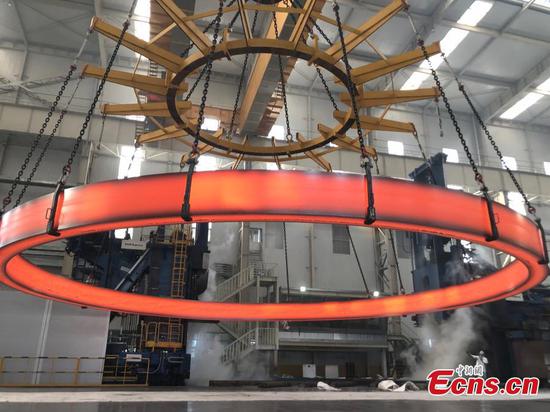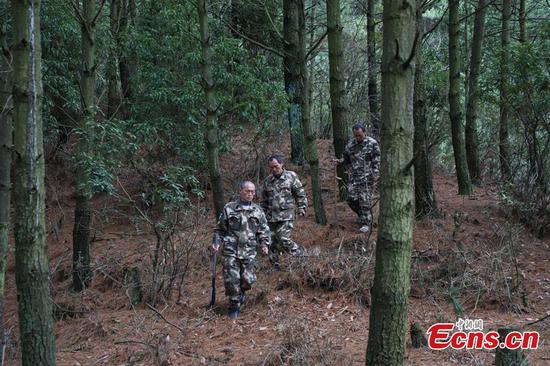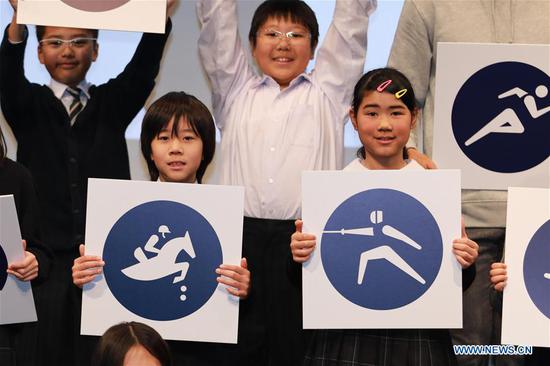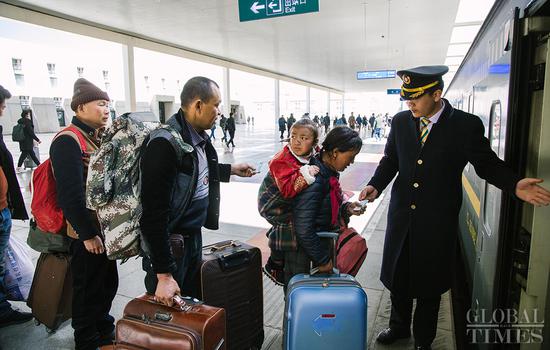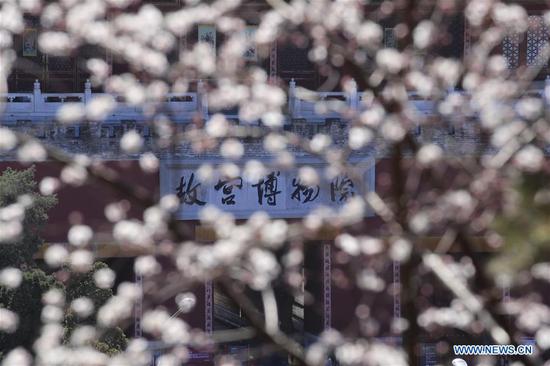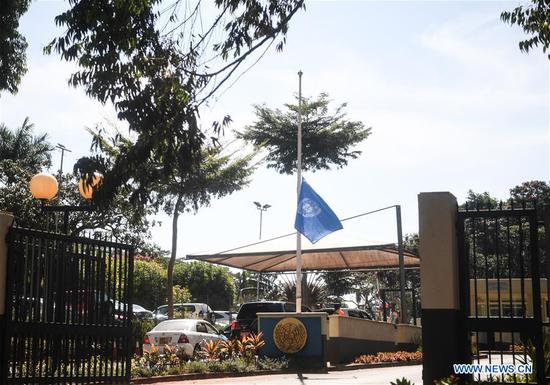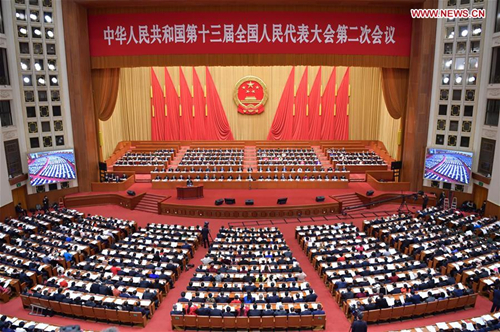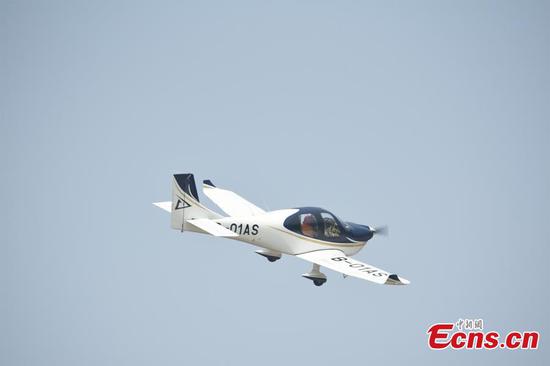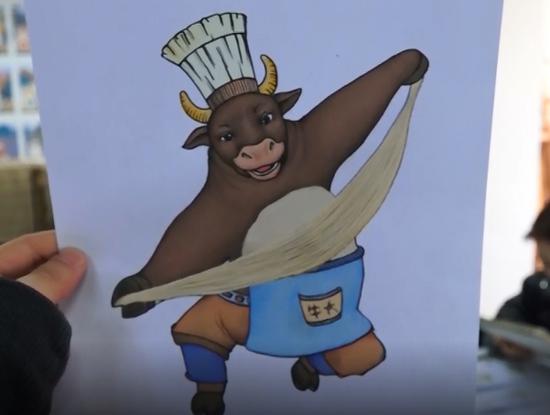Support for aviation industry's takeoff
Tan Ruisong, chairman of Aviation Industry Corporation of China Ltd
The aviation industry is an important part of the high-end manufacturing industry and the one with the highest strategic value. It is also an indispensable strategic pillar industry for China's sustainable development. To promote China's economic and social development and guarantee the strategic target of national security, China's aviation industry should take the lead in international competition.
China's military and civil aviation demand accounts for 15 to 20 percent of the overall global demand for aircraft. If China's aviation industry could effectively meet the domestic aviation demand as well as a part of the global demand, it is expected that China's aviation industry could increase its ratio in China's overall GDP from 0.14 percent to 1.4 percent, a comparatively high level.
To achieve this goal in the next three decades, we need to carry out strategic research on the development of the aviation industry and draw up a clear and practical aviation industry development strategy. Such a plan is crucial for the development of China's aviation industry and its high-end manufacturing.
Second, we need long-term strategic investment in aviation technology so as to gain the commanding height in the industry. We should establish a strategic and long-term aviation R&D system to provide a stable technological basis for the aviation industry. Innovation is needed if the country is to take the lead in the global aviation industry competition.
Third, we should conduct fundamental research and attract excellent innovative resources from around the world to participate in the aviation research projects funded and dominated by China, which are crucial for China's aviation industry to compete globally. Only with the cooperation of and competition with global talents will China's aviation industry be able to rank among the world's aviation leaders.
Fourth, we should improve the quality of our own talents in the aviation industry and join the global aviation supply chain. The United States has 550,000 people working in the aviation industry. China still lags far behind in terms of cultivating aviation talents. We should increase the cost advantage of China's aviation industry and improve China's status in global aviation product supply chain, in order to improve the quality and quantity of talents in the aviation industry.
Fifth, we should build a world-class aviation industrial cluster like Seattle and Toulouse to improve the aviation industry's efficiency and promote technological innovation.

















